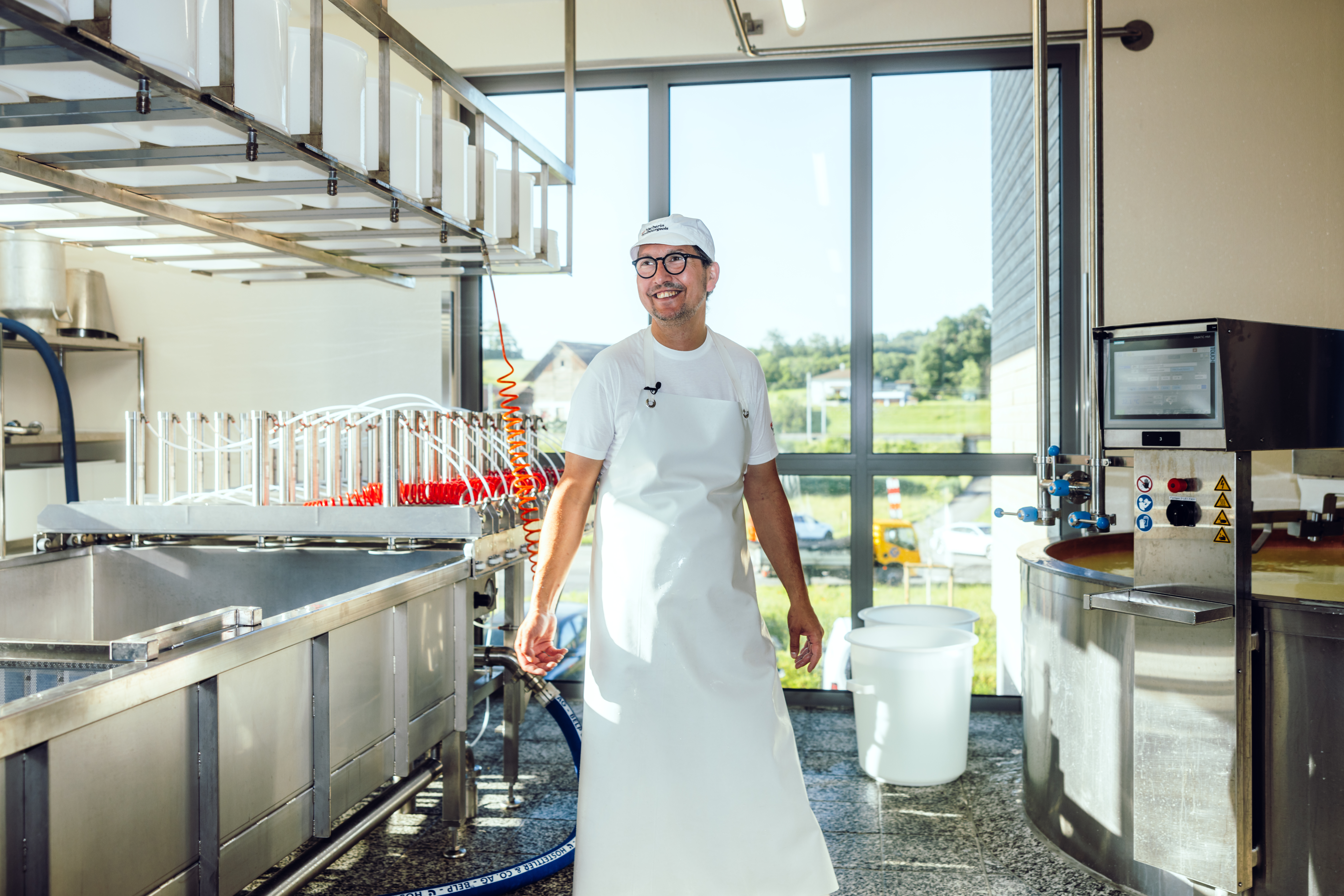The Swiss dairy industry is committed to grassland-based, site-specific and climate-friendly milk production that addresses the challenges of climate change while conserving resources.
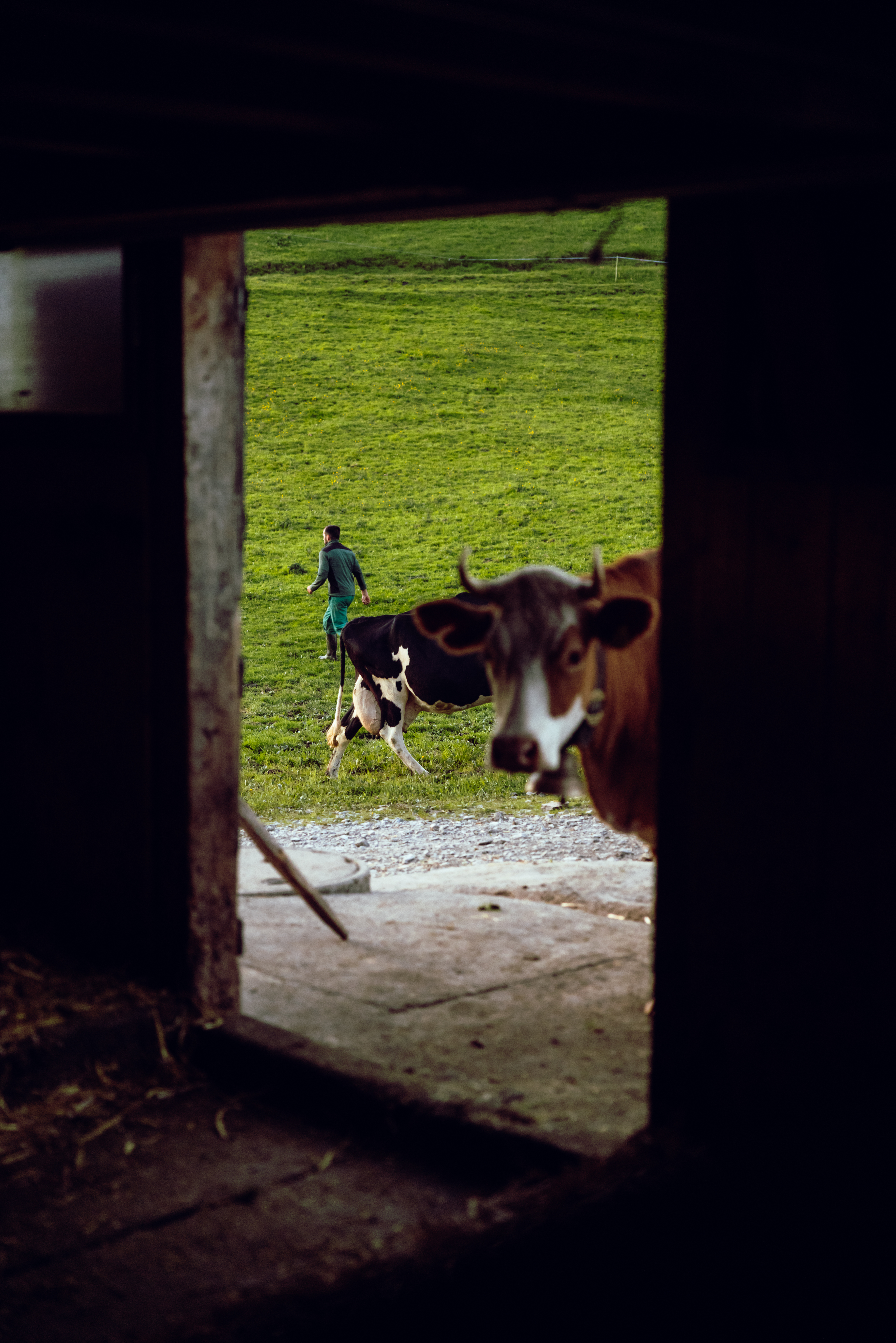
Caring for the soil
Niklaus Walker has assumed responsibility for his parents’ leasehold farm in Lenk in mountain zones 3 and 4, which includes summer grazing. For him it is clear that there is no agriculture without sustainability. His parents cared for the land and he is trying to do everything in his power to ensure that the next generations continue to do so and that their livelihoods are preserved. This is one reason prompting Niklaus Walker to take part in the ‘KlimaStaR Milch’ initiative.
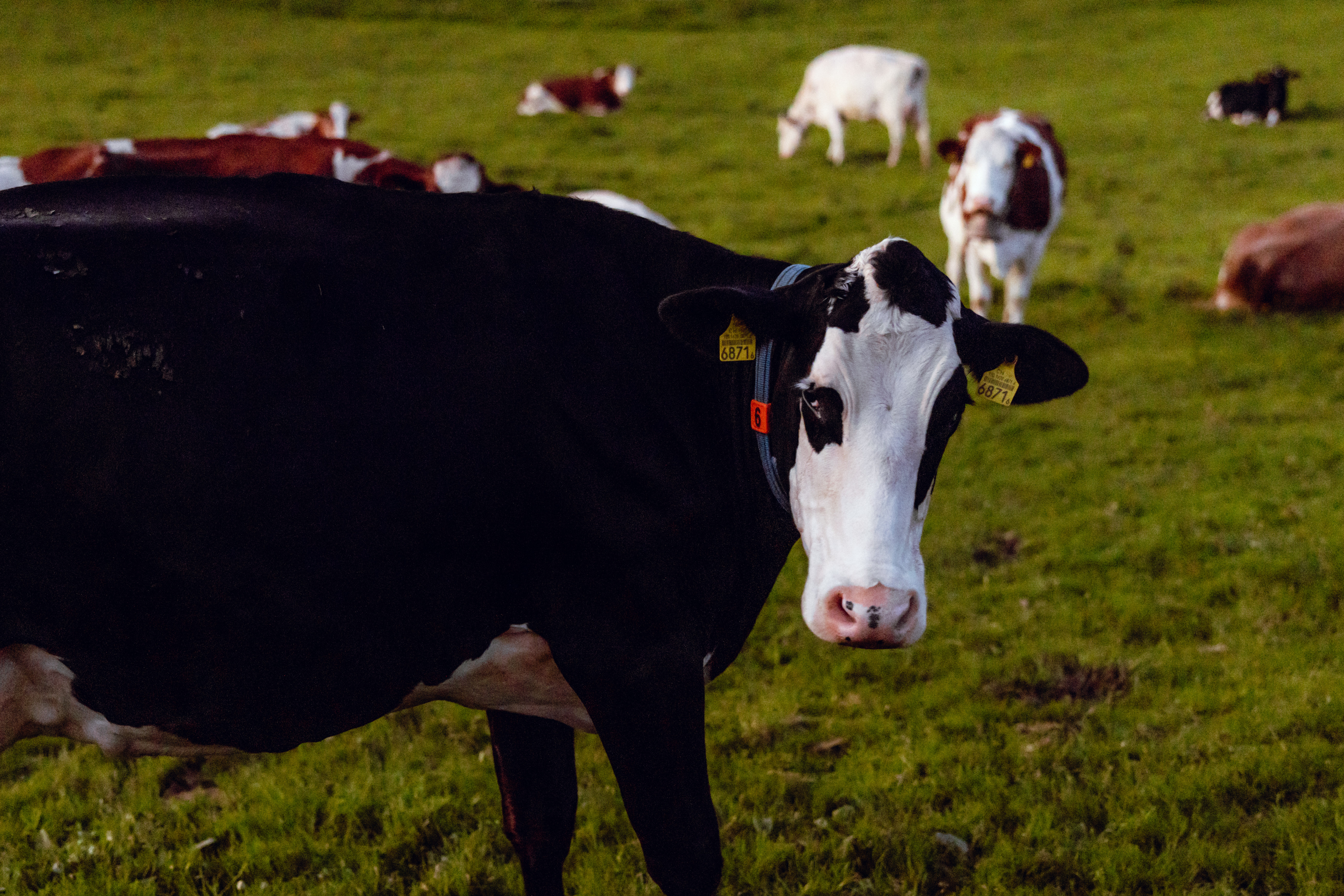
‘KlimaStaR Milch’
The aim of the ‘KlimaStaR Milch’ initiative is to make milk production in Switzerland more climate-friendly and resource-efficient. Specifically this means reducing greenhouse gas emissions as well as food and land competition in milk production by 20% each within six years.
A total of 230 companies are taking part in the project. The 2022 project was launched by Emmi, Nestlé, ZMP and Aaremilch with the AgroCleanTech climate platform. The Federal Office for Agriculture (FOAG) and the Bern School of Agricultural, Forest and Food Sciences (HAFL) support and assist the project.
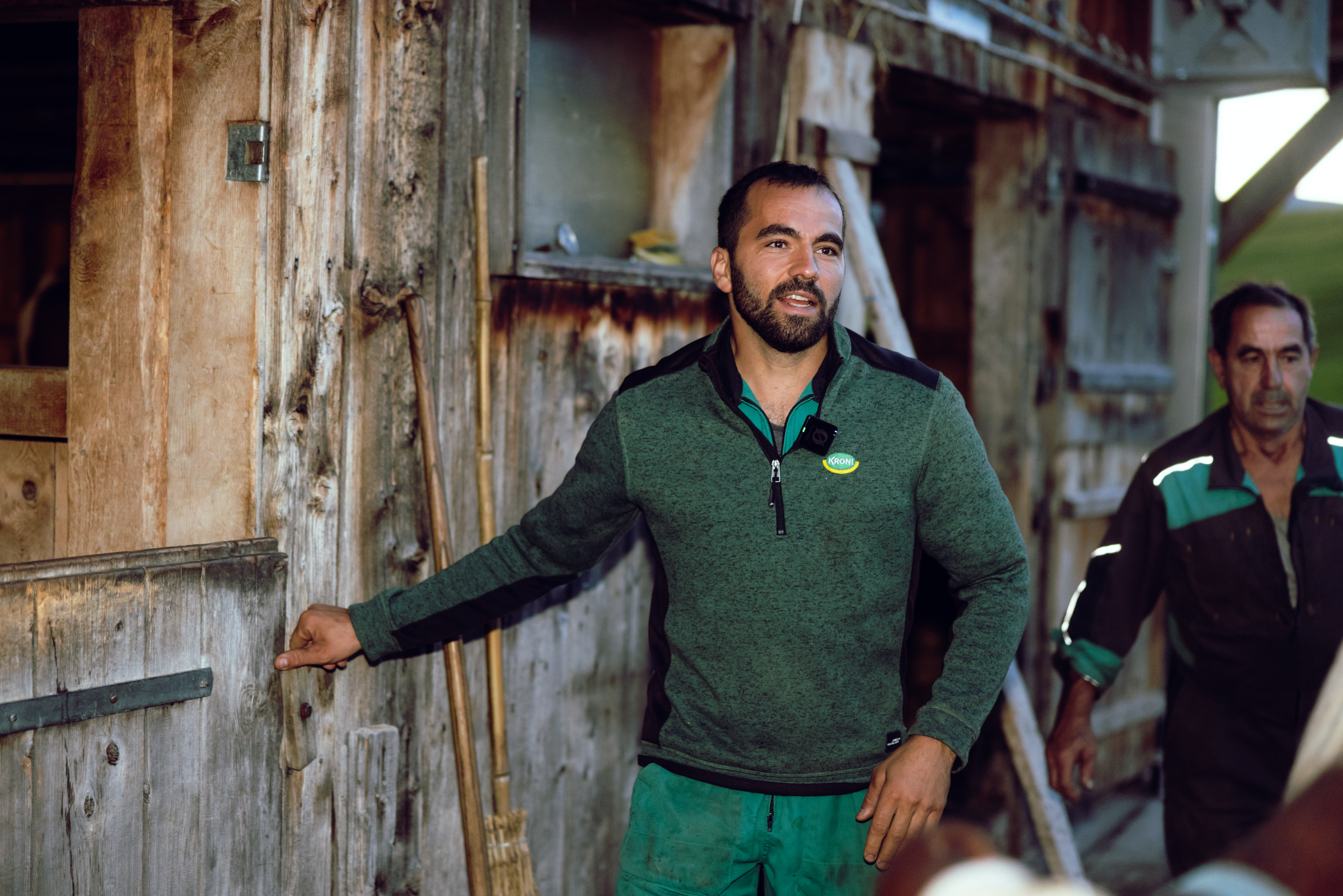
An occasional nudge can be beneficial
The ‘KlimaStaR Milch’ project provides participants with a list of possible measures for achieving their objectives. “Climate-friendly and resource-saving agriculture also brings challenges,” as Walker knows. “That’s why it’s good to be ‘nudged’ by the project from time to time.”
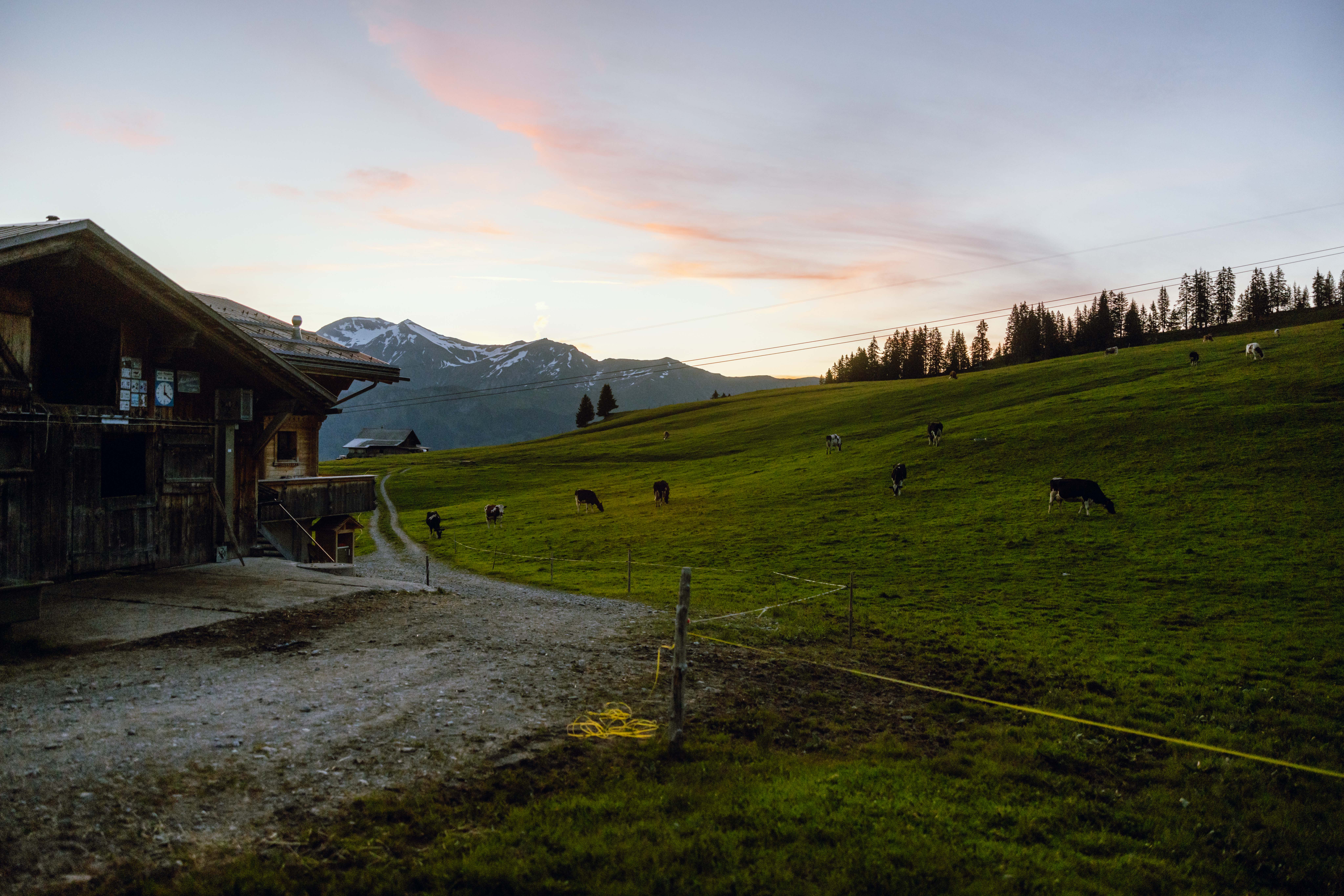
Milk production powered by self-generated electricity
The Walker family decided to make a major investment in 2023. They now generate their own electricity for milk production using a photovoltaic system on the roof.
The ‘swissmilk green’ production standard
Since 2024, only Swiss milk that meets the ‘swissmilk green’ industry standard may be produced, marketed and processed in Switzerland. The specifications of this production standard ensure high quality across the entire Swiss dairy industry with regard to animal welfare, feeding, sustainability and social issues.

